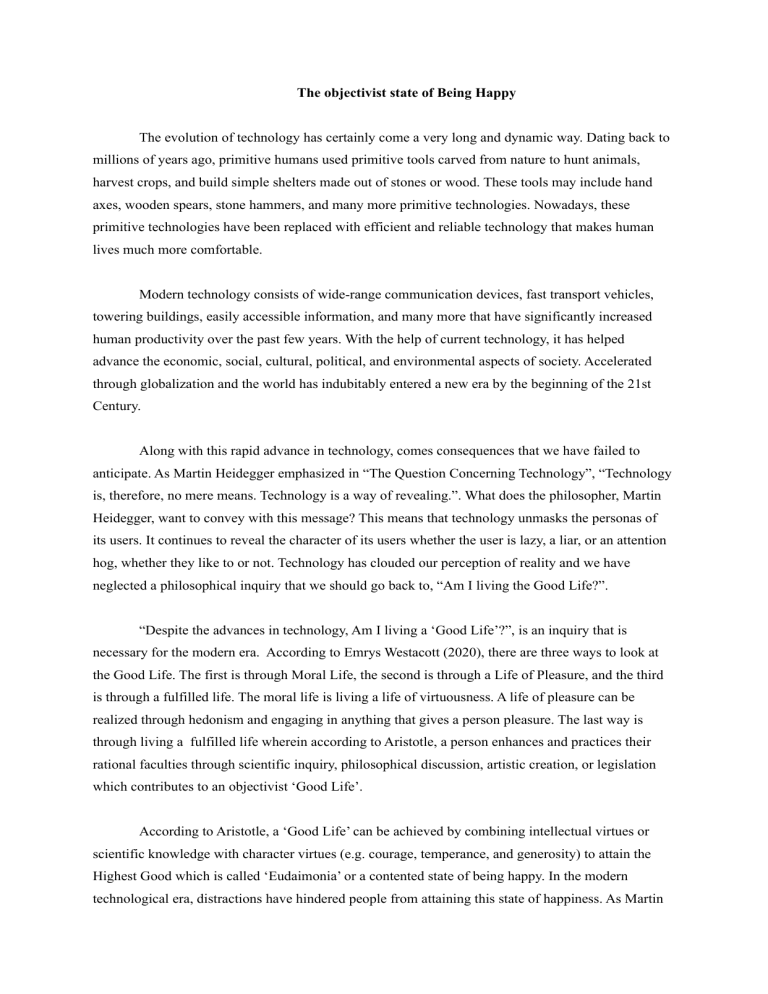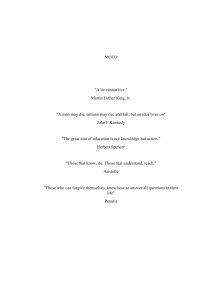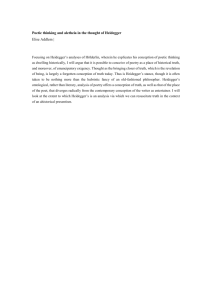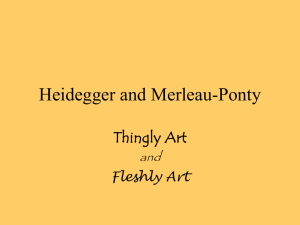
The objectivist state of Being Happy The evolution of technology has certainly come a very long and dynamic way. Dating back to millions of years ago, primitive humans used primitive tools carved from nature to hunt animals, harvest crops, and build simple shelters made out of stones or wood. These tools may include hand axes, wooden spears, stone hammers, and many more primitive technologies. Nowadays, these primitive technologies have been replaced with efficient and reliable technology that makes human lives much more comfortable. Modern technology consists of wide-range communication devices, fast transport vehicles, towering buildings, easily accessible information, and many more that have significantly increased human productivity over the past few years. With the help of current technology, it has helped advance the economic, social, cultural, political, and environmental aspects of society. Accelerated through globalization and the world has indubitably entered a new era by the beginning of the 21st Century. Along with this rapid advance in technology, comes consequences that we have failed to anticipate. As Martin Heidegger emphasized in “The Question Concerning Technology”, “Technology is, therefore, no mere means. Technology is a way of revealing.”. What does the philosopher, Martin Heidegger, want to convey with this message? This means that technology unmasks the personas of its users. It continues to reveal the character of its users whether the user is lazy, a liar, or an attention hog, whether they like to or not. Technology has clouded our perception of reality and we have neglected a philosophical inquiry that we should go back to, “Am I living the Good Life?”. “Despite the advances in technology, Am I living a ‘Good Life’?”, is an inquiry that is necessary for the modern era. According to Emrys Westacott (2020), there are three ways to look at the Good Life. The first is through Moral Life, the second is through a Life of Pleasure, and the third is through a fulfilled life. The moral life is living a life of virtuousness. A life of pleasure can be realized through hedonism and engaging in anything that gives a person pleasure. The last way is through living a fulfilled life wherein according to Aristotle, a person enhances and practices their rational faculties through scientific inquiry, philosophical discussion, artistic creation, or legislation which contributes to an objectivist ‘Good Life’. According to Aristotle, a ‘Good Life’ can be achieved by combining intellectual virtues or scientific knowledge with character virtues (e.g. courage, temperance, and generosity) to attain the Highest Good which is called ‘Eudaimonia’ or a contented state of being happy. In the modern technological era, distractions have hindered people from attaining this state of happiness. As Martin Heidegger’s assumption in “The Question Concerning Technology”, technology can be the ultimate danger to our existence. Too much reliance on something which is beyond our comprehension and control can lead to devastating and permanent damage to society and the environment. Adopting a complacent attitude in the advanced technological era can lead to indolence and will obstruct us from attaining the ‘Good Life'. A concrete example of this complacent attitude is the reliance on the internet to solve all of the problems in the world. However, according to Martin Heidegger, humanity can still persist despite the rise of technology. Through art, it can break out of the ‘Énframing’ that humanity has set on itself and achieve the ‘Good Life’ that was referenced by Aristotle. Enframing causes disorder because it sees nature as being inside a box waiting for it to be exploited. By engaging in art, humanity will conform to meditative thinking which will not force nature to reveal itself but will let nature take its own course. In relation to the ‘Good life’ by Aristotle, engaging in art can help humanity hone its certain faculties, qualities, traits, character, and intellectual virtues. This will consequently lead it to the path of ‘’Good life’ that many philosophers including Aristotle have referenced throughout history. It goes beyond inconsequential forms of happiness such as wealth, honor, and pleasure. It is a state of being that is not subjectivist but an objectivist way of saying that a person is living well. In turn, it will lead a person to a life of ‘Eudaimonia’. To sum it up, Martin Heidegger warned humanity beforehand about the dangers of technology. Although it has helped us increase our efficiency and productivity, it has also made humans lazy. Over-reliance on technology will hinder us from achieving the ‘Good Life’ that was referenced by Aristotle. In order to overcome the adverse effects of technology, humanity has to engage in art which will help it become meditative thinkers letting nature reveal itself on its own. This in turn will converge with Aristotle’s idea of a ‘Good Life’ which will help a person achieve the highest good or what he would like to call ‘Eudaimonia’ or a contented state of being happy. REFERENCES Martin Heidegger, "The Question Concerning Technology," in Martin Heidgger: Basic Writings. Edited by David Farell Krell. (New York: Harper & Row, 1977), pp. 287-317. This translation is slightly edited from the original English translation in Martin Heidegger, The Question Concerning Technology and Other Essays. Translated by William Lovitt. (New York: Harper & Row, 1977), pp. 3-35. The German text appears in Martin Heidegger, Vorträge und Aufsätze (Pfullingen: Günther Neske Verlag, 1954), pp.13-44. Westacott, Emrys. (2020, August 25). What Does It Mean to Live the Good Life? Retrieved from https://www.thoughtco.com/what-is-the-good-life-4038226




